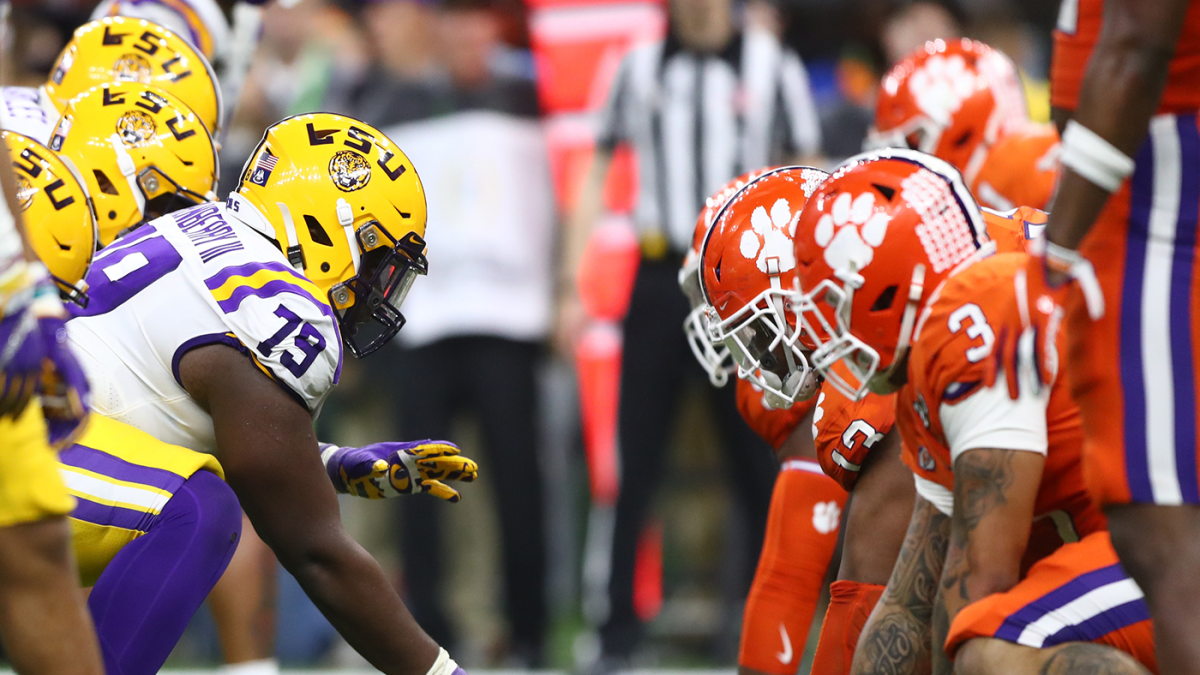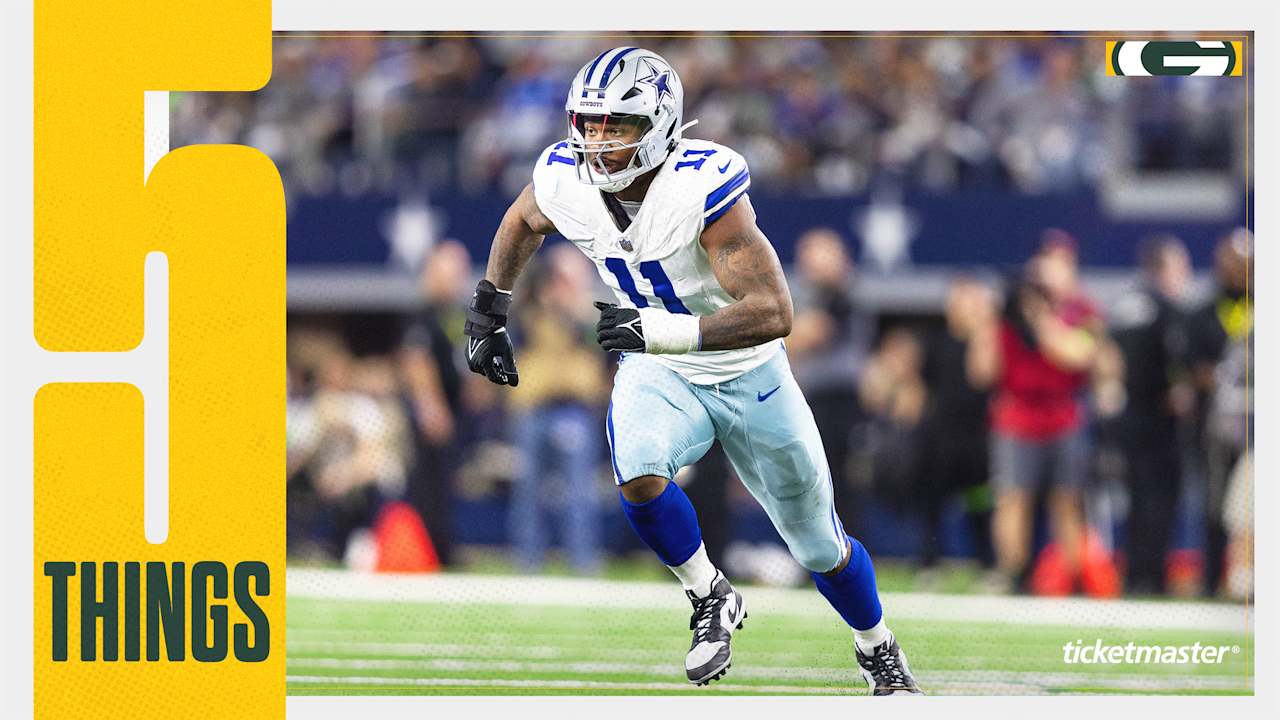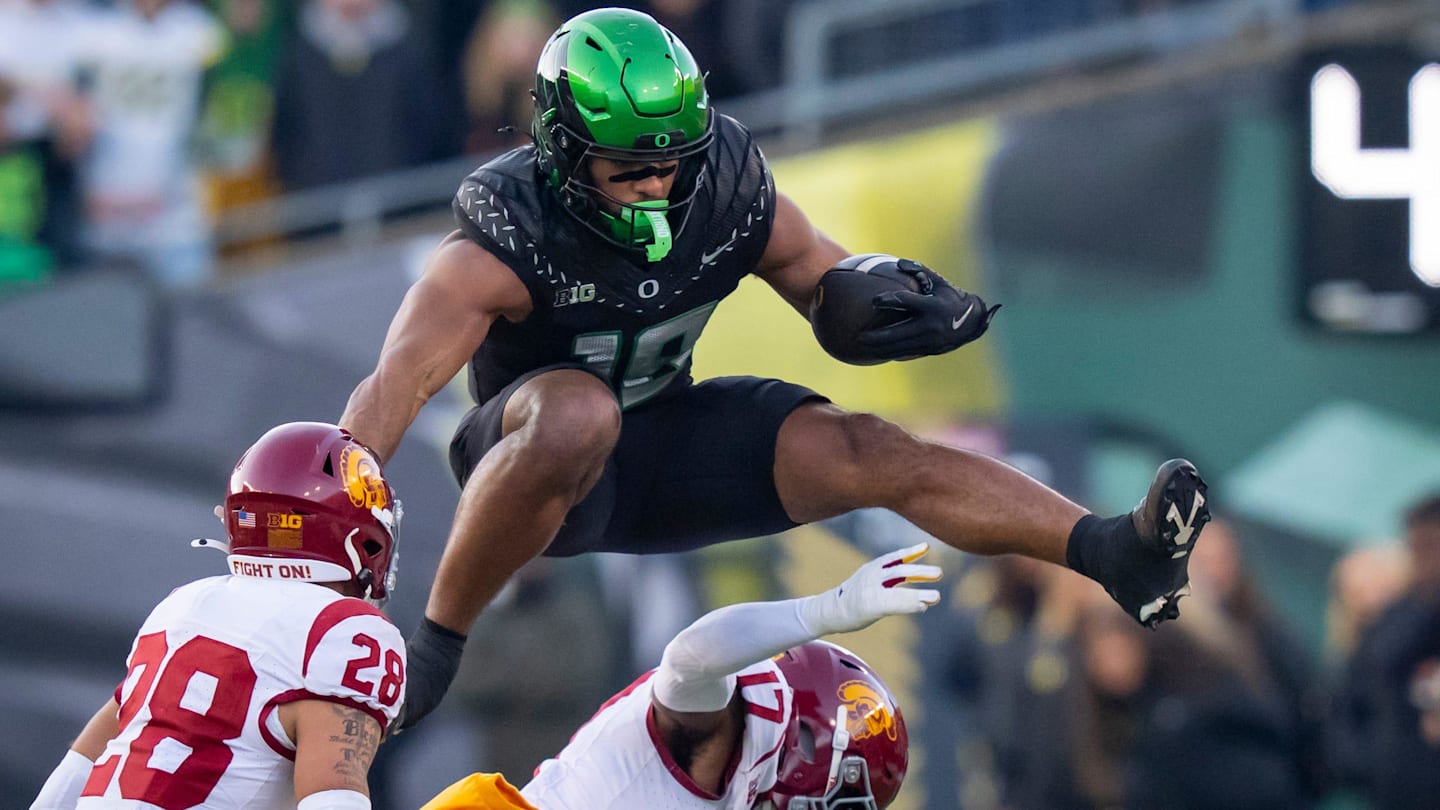NFL under Pressure: Will Quinshon Judkins' Domestic Violence Case Impact His Career?

Introduction
The NFL will be interviewing Quinshon Judkins this week, according to NBC Sports. This interview comes after Judkins was accused of domestic violence by his partner. Despite the allegations, Judkins is not expected to be placed on paid leave.
Key Details
Judkins has been a standout player for the past two seasons, leading his team to the playoffs both years. This has put him in the spotlight and made him a key player for his team. However, his off-field behavior has raised red flags and the NFL is taking these allegations seriously.
This is not the first time Judkins has been involved in a domestic violence incident. In college, he was suspended for a similar incident, raising concerns about his character and behavior.
Impact
The NFL has been under scrutiny in recent years for its handling of domestic violence cases. With the recent high-profile incident involving former player Ray Rice, the league is under pressure to take a strong stance against domestic violence. Judkins' case will be a test for the league's new policies and procedures in dealing with these situations.
If Judkins is found guilty, it could have a major impact on his career and the reputation of the NFL. On the other hand, if he is cleared of the allegations, it could lead to a potential backlash against the league for jumping to conclusions without
About the Organizations Mentioned
NFL
## Overview of the NFL The National Football League (NFL) is the preeminent professional American football organization in the United States, renowned for its massive influence on sports, entertainment, and business. With 32 teams divided between the American Football Conference (AFC) and National Football Conference (NFC), the NFL organizes a 17-game regular season culminating in a single-elimination playoff and the Super Bowl—the most-watched annual sporting event in the U.S.[2] ## History and Evolution Founded in 1920 as the American Professional Football Association (APFA) in Canton, Ohio, the league initially comprised teams primarily from the Midwest and Northeast[1][3]. It was renamed the National Football League in 1922 and faced early instability, surviving competition from rival leagues such as the All-America Football Conference (AAFC) and multiple iterations of the American Football League (AFL)[2]. By the 1950s, the NFL had established a monopoly on professional football in the U.S., with only the Canadian Football League (CFL) operating independently in Canada[2]. The most significant development in NFL history was the 1966 merger agreement with the AFL, which led to a common draft and the creation of the Super Bowl as a championship game between the two league champions[1][2]. The leagues fully merged in 1970, reorganizing into the AFC and NFC and cementing the NFL’s dominance in American professional sports[1][2]. ## Key Achievements and Innovations The NFL pioneered lucrative television contracts, transforming football into a national pastime and a major media event. The league’s adoption of revenue-sharing and salary caps fostered competitive balance, helping small-market teams remain viable[2]. The NFL has also been a leader in sports technology, implementing instant replay, advanced player tracking, and digital platforms for fan engagement. Notable achievements include the expansion to 32 teams, the internationalization of the game through game
NBC Sports
## Overview of NBC Sports NBC Sports is a leading sports programming division of NBCUniversal, itself a subsidiary of Comcast Corporation[1]. As a cornerstone of American sports broadcasting, NBC Sports is responsible for delivering a wide array of live sports events across NBC’s broadcast network, cable channels, and streaming service Peacock[1]. Its portfolio includes marquee properties such as the NFL (notably Sunday Night Football), the Olympic Games, the Premier League, NASCAR, PGA Tour golf, Notre Dame football, and the Tour de France, among others[1][2][4]. The division is structured to maximize reach across platforms—TV, cable, digital, and streaming—ensuring broad audience engagement and innovation in sports media consumption[2]. ## History and Development NBC Sports traces its origins to May 17, 1939, when it broadcast the first televised baseball game between Princeton and Columbia, marking a pioneering moment in sports television history[1][6][7]. Over the decades, the division evolved from a service of NBC News into a standalone powerhouse, especially after Comcast’s acquisition of NBCUniversal in 2011, which integrated Comcast’s own cable sports networks into what is now known as the NBC Sports Group[1]. This merger expanded its capabilities and solidified its position against competitors like CBS Sports, ESPN, and Fox Sports[1]. ## Key Achievements and Industry Impact NBC Sports is renowned for its production quality and technological innovation, having set industry standards for live sports coverage[2]. A standout achievement is its unparalleled Olympic coverage: NBCUniversal has broadcast every Summer Olympics since 1988 and every Winter Olympics since 2002, holding U.S. media rights through 2032[4]. The 2012 London Olympics attracted 217 million American viewers, making it the most-watched event in U.S. television history[4]. NBC Sports has also won over 100 Emmy Awards for its Olympics coverage and a Peab







.jpg?w=3800&h=2000)








